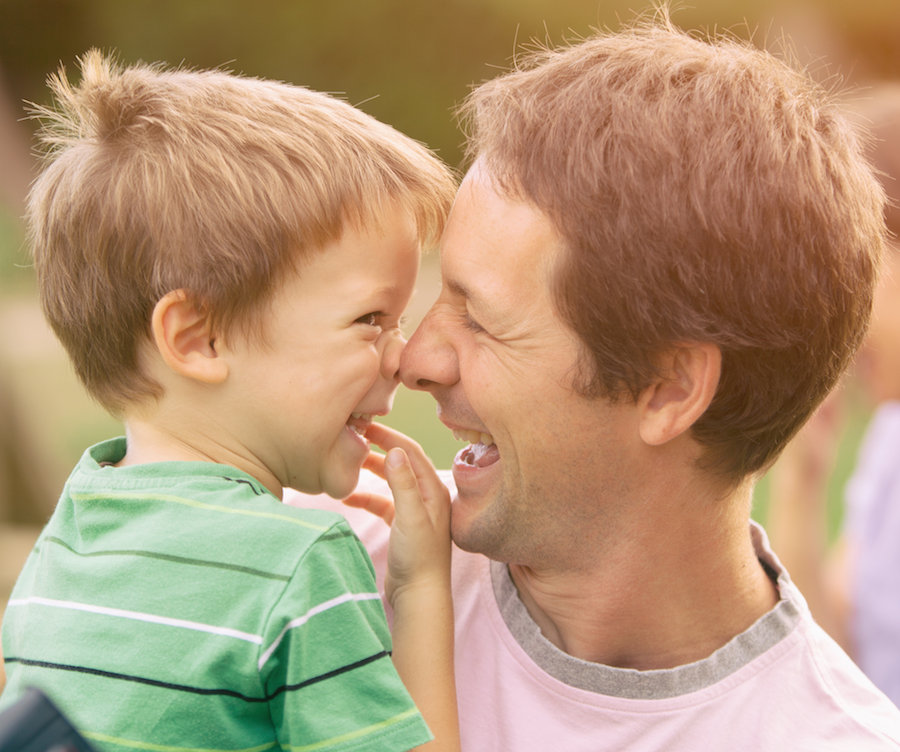The relationship between siblings is an incredibly special one. It’s a bond forged by years of togetherness, through the times you get along and the times you don’t.
As parents, helping our children to get along as they grow is one of the most important things to us (and at times can also pose one of the hardest challenges).
When you need that little bit of extra inspiration to help your little bundles of joy get along, these tips and tricks from the experts will help you in your quest to raise the best of friends.
- Remove the Need for Rivalry
We can all attest to our kids being unique little people, with their own personalities, strengths and weaknesses. So it makes sense to not compare your kids to each other, or to any other child.
Treating our kids equally, and as individuals, removes the need to compete for attention, praise or rewards, removing the need for sibling rivalry.
The experts urge us not to label our kids – like ‘the smart one’, ‘the sporty one’, ‘the cheeky one’, or ‘the bossy one’. Our kids want to know we love them for who they are.
In the same way, the experts also suggest it’s important not to give one child more praise than the other; instead rewarding and praising each kid for who they are. Some kids have trouble paying attention, or have more trouble at school focusing or following the rules. They’re good kids at heart but they can get into trouble easily. Praising them when you can tell they’re trying hard to behave and listen at school will let them know you appreciate and love them for who they are. They won’t feel like they’re substandard if they don’t achieve high grades like their brother or sister.
- Time together
Special sibling time together can go a long way to forming really strong bonds. Scheduling special time for your kids to enjoy an exciting activity together is a great way to make time spent together a treat and a reward.
Dedicate a special time for your kids each week or fortnight to do a rewarding activity together on the weekend. Think ‘sister Sundays’, ‘sibling sleepovers’ or ‘kids weekends’. Your kids can get excited over brainstorming and picking something extra nice to do together on a regular basis.
Give them some options to get their little brain cogs turning, like finger paints, special art and craft, or an outing together as a family at a park to ride their bikes. You can also make or decorate a cake together or set up a movie night at home. The only catch: it’s all about the kids, and all about doing nice things together.
- Kindness
Hand in hand with raising kids to be best friends is creating an environment where kindness and appreciation are encouraged. The most common way parents do this is by encouraging their kids to think about each other’s feelings more, and talk more about them.
If you notice your kids doing something nice for each other, give them plenty of attention for it. “That’s nice of you to do for your sister”. “Your brother really appreciated it when you told him how nice he made you feel today.”
We can teach our kids kindness by talking about how to recognise when their siblings are feeling sad, and what nice things they can do to cheer them up. By talking about how their actions make each other feel, and how doing something kind brightens everyone’s day.
The age old ‘loving and positive dinner time talk’ routine can’t really go astray either. Encouraging your kids to share nice things about each other and tell the family what they appreciated during their day will help keep them mindful and aware of feelings.
- Sharing is Caring
Learning to share is an important lesson for every kid, and one that will go a long way to harmony in their sibling relationships.
For brothers and sisters, it’s not all about toys; it’s also important to share their parents and attention. This gets easier as kids get older and they are exposed to sharing with other kids, through playdates, Kindy and school.
Some parents see great results in praising kids for sharing nicely, and encouraging siblings to ask nicely when they’d like a turn. Not all toys are suitable for sharing, particularly when they’re not safe for younger siblings. Teaching our older kids how to kindly say no in these situations can help.
Some kids respond well to ideas planted by their parents, like “If you’re done with that toy, I think your brother would like to play with that,” and “Seeing as though he let you play with his special new birthday present from nanna, you might like to let him play with your new truck, as a treat.”
And scheduling a little quiet time for kids to play with their toys alone never goes astray.
- Hug and Make Up
Of course, there’s always going to be disagreements between brothers and sisters. The important thing of course, is making up after.
Siblings are forever friends, and will be there to the end. Through many ups and downs, through many friendships, siblings will always be there. So naturally, making up after life’s small disagreements is an important step for our little ones.
Depending on the situation (and how escalated the disagreement is), you could try to hold back from stepping in, and instead let the kids sort it out themselves, with perhaps a small prompt or two to help them along with the resolution. Coach your kids on how to express themselves when disagreements happen, stand up for themselves and say why they’re upset. “That makes me sad,” or “I feel angry when you use my crayons because you don’t look after them.”
Others recommend talking about feelings with our kids, and letting them know about the special ‘forever friendship’ that siblings share, and helping each child to apologise and share their feelings. Role playing can help with this approach, helping your kids consider the feelings of others by putting themselves in their shoes. “If I was my brother, I guess that would make me feel upset too”. And encouraging kids to wrap up by talking about what they like about each other can also help bring those warm fuzzies back into the picture.
It really depends on the situation, and what works for you.
- Rewarding and Awarding Teamwork
And of course, for many kids, a little praise goes a long way. Rewarding your kids by recognising and showering them in attention and compliments when they play together nicely, work together as a team or care for each other, will reinforce how awesome they are for doing so.
And for bonus points you could even work a cooperation jar into the picture – every time they treat each other extra special, you can award them coin, which can go towards their next special activity together.
Whichever your approach, you’ll find ways that work for you and resonate with your kids to teach and encourage them to bond and become the best of friends.
They’ll be there always, through good times, bad times and through many friendships. As the saying goes, friends come and go, but family is forever.
Enjoy reading this article? You can learn more about Springfree Trampoline on our website, or read more in our Beyond the Bounce blog.
You might also like to read:
How to Raise Good Little People
How to Motivate Your Kids in the Morning
How to Teach Your Kids a Healthy Lifestyle
The Secrets of How to Raise a Confident Child You Probably Don’t Know









